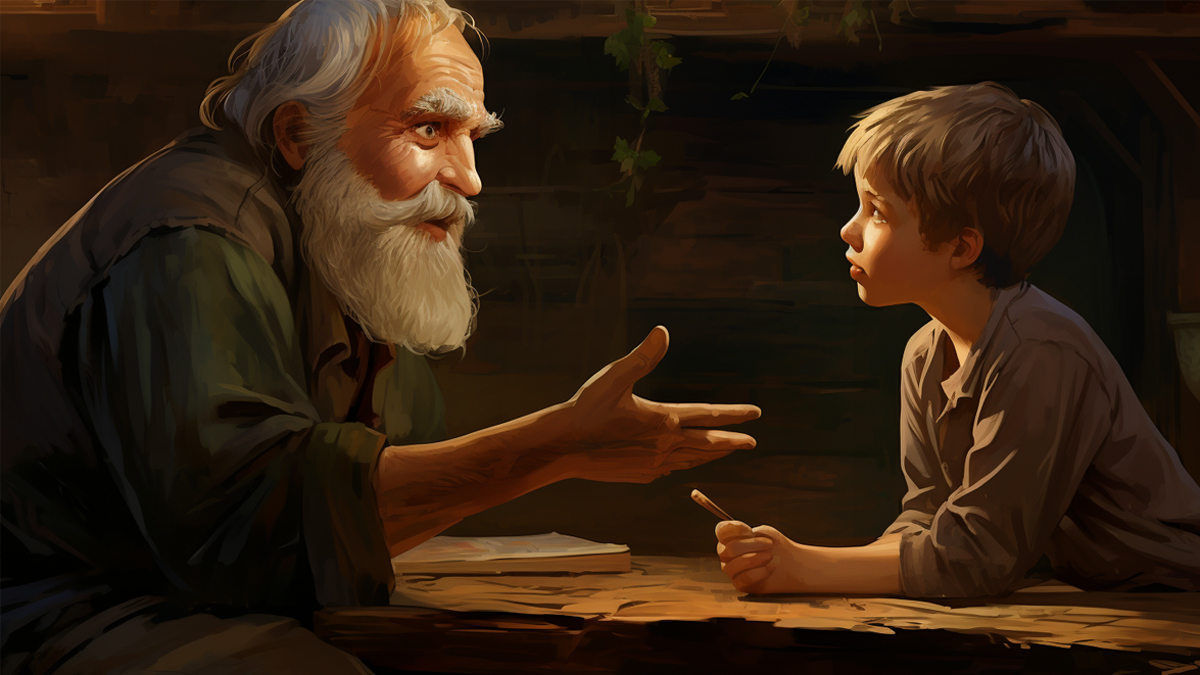Free Will Makes a Comeback against Neuroscience

What’s the Latest Development?
The emergence of neuroscience seemed to strike a powerful blow against the idea of free will but some neuroscientists now say the case against free choice has been exaggerated. British neuroscientist Raymond Tallis likes to tell the joke of the drunk man who, having lost his keys in a dark alley, goes to look for them under the streetlamp, not because his keys have moved, but because that is where the light is. He likens the streetlamp to fMRI machines which shed light onto a very narrow slice of the spectrum of human decision making.
What’s the Big Idea?
The question of free will is a philosophical standard. Indeed, each age has questioned our freedom to make independent decisions: The ancient Greeks worried the primaeval force of compulsion, as well as the Fates, steered humanity’s ship; Medieval theologians argued free will is incommensurate with the existence of a God who has foreknowledge of all actions; Enlightenment philosophers saw our nature bound by rigorous physical laws; modern psychology gave birth to the subconscious which misleads us about the cause of our actions.
Photo credit: shutterstock.com





